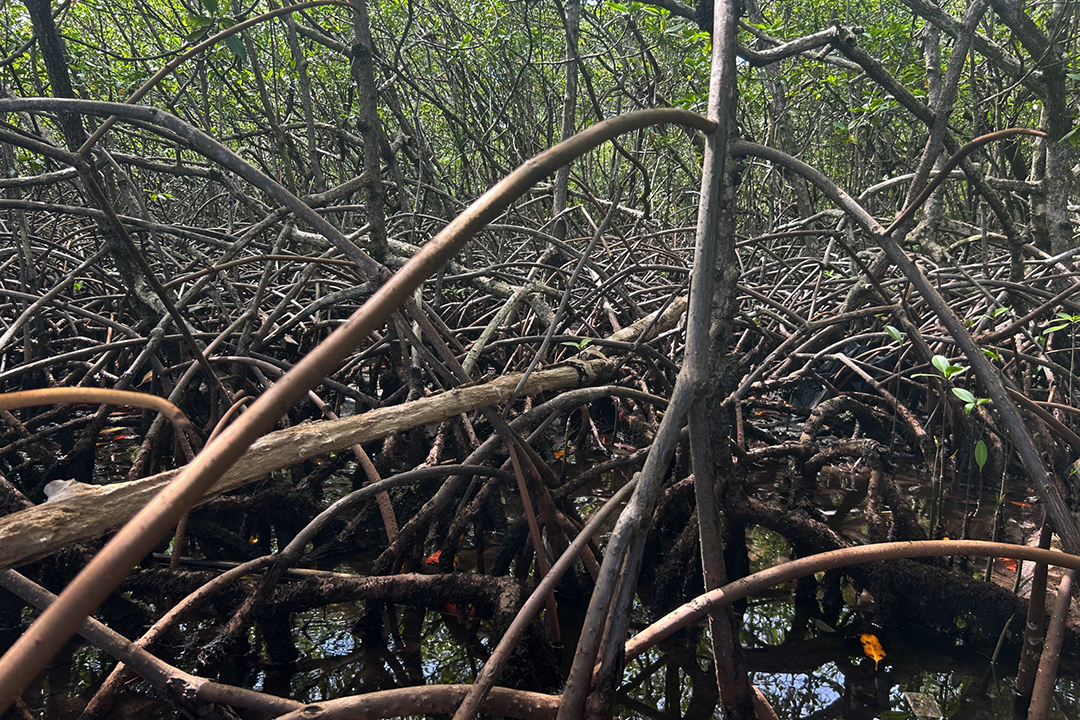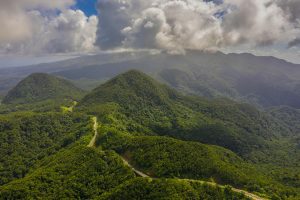The potential negative impacts of lithium mining on Andean Wetlands in the “race toward an energy transition” and progress made through the Sustainable Ocean Initiative (SOI) Global Dialogue with regional seas organizations and regional fisheries bodies were the subject of two side events the Earth Negotiations Bulletin (ENB) covered on 22 October 2024, during the 2024 UN Biodiversity Conference.
Calling attention’ to the “lithium triangle,” an area where Chile, Argentina, and Bolivia hold much of the world’s lithium, the event on protecting the integrity of Andean Wetlands asked attendees to look beyond the promise of energy transition and to consider potential negative impacts of lithium mining in the region and how to counter them.
While an energy transition is underway to shift away from fossil fuels with the aim of achieving carbon neutrality by 2050, the impacts on biodiversity and on Indigenous communities affected by lithium mining, which is being promoted as integral for an energy transition by the global North, cannot be overlooked, according to the ENB summary of the event. Panelists discussed how to safeguard Andean Wetlands and ensure respect for the rights of local Indigenous communities that protect and preserve the wetlands as the energy transition is pursued.
Speaking at the event, Marcos Orellana, Special Rapporteur on toxics and human rights, noted that extractive industries may result in systematic violation of the rights of Indigenous Peoples, especially when safeguards, such as Free, Prior and Informed Consent (FPIC), are not met. Representatives from the Interamerican Association for Environmental Defense and the Office of the UN High Commissioner for Human Rights (OHCHR) also spoke, with the latter urging dialogue on how to realize Indigenous Peoples’ right to FPIC with respect to lithium mining.
Alianza por los Humedales Andinos/Andean Wetlands Alliance organized the event.
The SOI Global Dialogue highlighted the importance of cooperation and collaboration among regional bodies for achieving global goals and targets. Speakers highlighted the potential for the Dialogue to strengthen linkages between the Kunming-Montreal Global Biodiversity Framework (GBF), the Biodiversity Beyond National Jurisdiction (BBNJ) Agreement, and ongoing negotiations for a plastics treaty. Representatives from the various regions presented on efforts to strengthen collaboration in their regions, including the Mediterranean, the Bay of Bengal, and the North-East Atlantic.
A representative from the Food and Agriculture Organization of the UN (FAO) explained that because fisheries and aquaculture typically fall outside of environmental authorities that oversee biodiversity issues, the SOI Global Dialogue is critical to ensure these issues are also considered within the fisheries and aquaculture sector. A representative from the UN Division for Ocean Affairs and the Law of the Sea (DOALOS) highlighted the potential role of the Global Dialogue under the BBNJ Agreement in contributing to key issues, such as proposals for area-based management tools in areas beyond national jurisdiction.
The SOI Global Dialogue was organized by the Convention on Biological Diversity (CBD) Secretariat, the Ministry of Oceans and Fisheries of the Republic of Korea, France’s Ministry of Ecological Transition, and France’s Office of Biodiversity.

